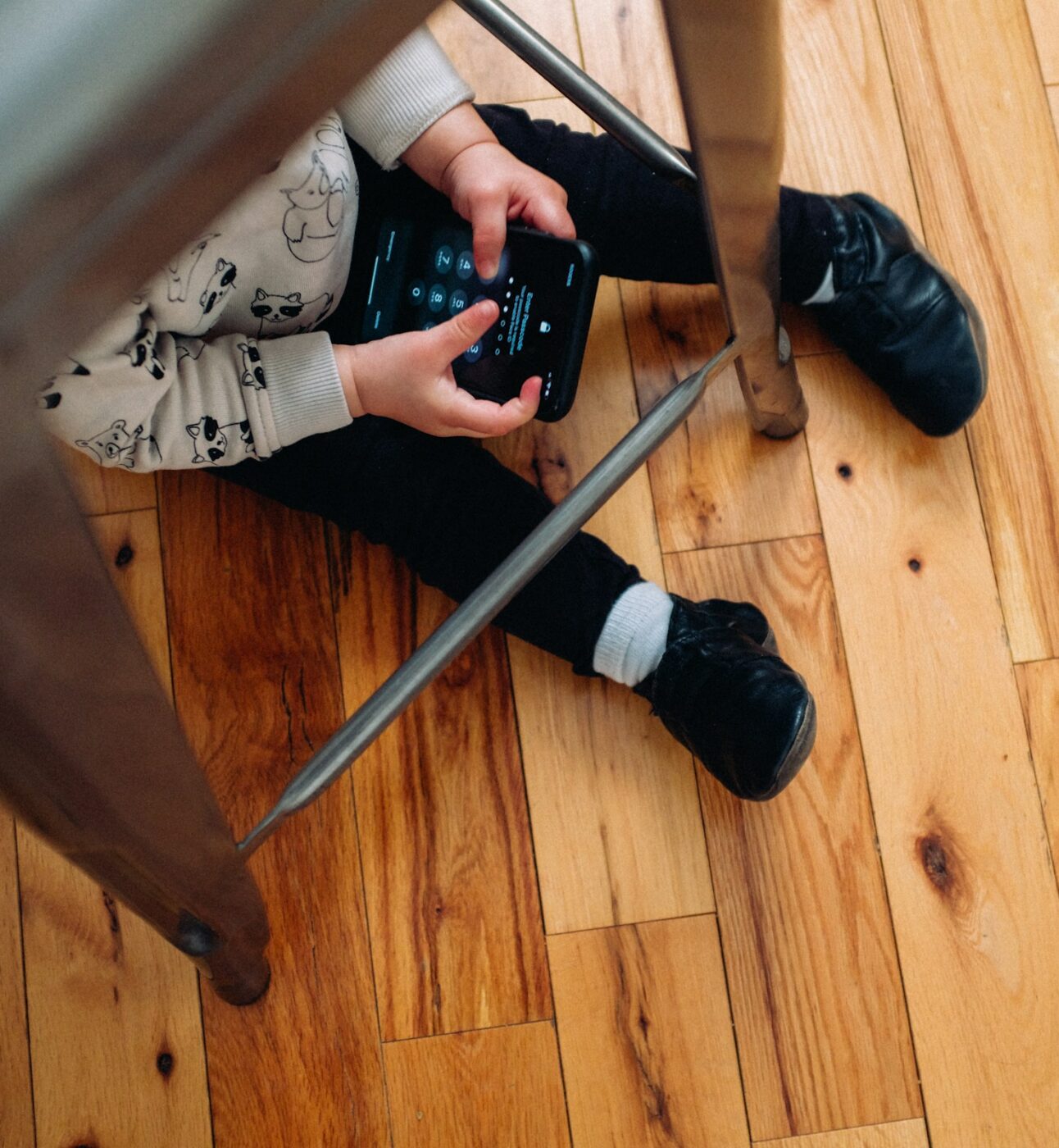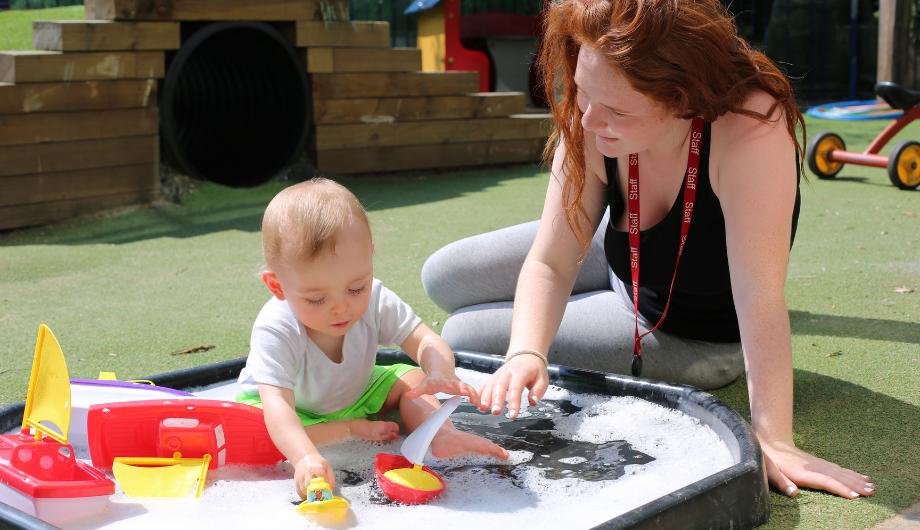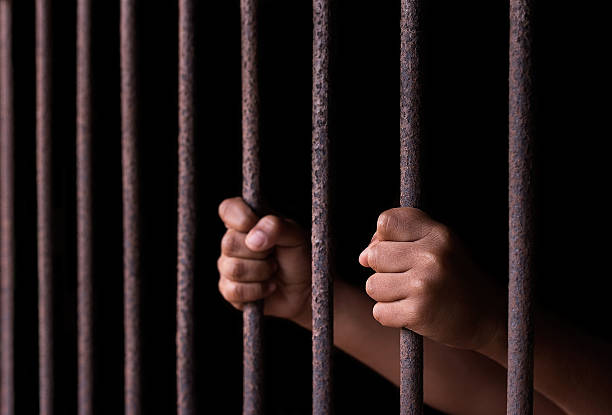
The impact of the mobile phone
It is Good to Talk! The signs of things going wrong in society are usually first evident in small children. The widespread dependence on Smartphones is…
March 8th 2017
And so here we are at another International Women’s Day. I awoke to a card from South Bermondsey nursery wishing me a happy International Women’s Day. Well, didn’t this wake me up and make me appreciate not only all the wonderful people (men and women!) working at LEYF but also the great strides we have made towards equality and the great strides to come.
International Women’s Day, which began in 1909, was originally called International Working Women’s Day. Since then it has shifted and changed to embrace the challenges and plights facing many women. However, I want to reclaim the working women element and highlight one significant barrier for many women who want to work.
This is a problem the world over. In the UK we know that the cost and availability of childcare remains a problem. The Government tried to ameliorate the problem by offering 15 funded
hours to three and four year olds. However, that presents its own problem for the mostly female childcare businesses as the Government subsidy does not meet the actual costs of childcare and leads to continual financial business headaches for those trying to balance subsidy with actual costs especially in super expensive cities such as London.
Across the world there is a similar childcare crisis and for many the remedy is not very palatable. There are 671 million children under five in the world today and 60% of their parents will be working. The majority have limited childcare options except leave the children at home, find very low standard childcare which is cheap or let them fend for themselves. Very little option for a mother making a judgement between childcare and destitution.
There are some formidable women shining a light on the often simple solutions to such structural inequalities and social problems which impact children globally which are blocked often by lack of political will or shared understanding of inequality. Over at Ogunte, Servane Mouazan gives women the professional support to work towards their own solutions to social and environmental problems. What could be more heartening? Women helping women helping alleviate social disadvantage?
Meanwhile, in Kenya, Sabrina Habib responded to the lack of options for women by setting up a
social enterprise in Kenya called Kidogo. She wanted to provide safe, high quality childcare for less than a dollar a day having found that mothers desperate to work were leaving their children in cramped, squalid homes as there was no alternative.
What Sabrina found in Kenya is to be found all over the world but especially among the poorest children with the most restricted access to early childhood support. Women continue to face economic disadvantage in a changing world whether through low wages, insecure and unsafe jobs, unequal access to social protection or a heavy unpaid care and domestic workload.
Our children will never know a world without insecurity, fear and precarity unless we give women the opportunity to equal pay and secure work. We should value the delicate balance women tread every day in providing the often disregarded emotional labour, domestic caregiving and labour out there in the working world. Equality for women and accessible, affordable childcare remain dependent social problems which women like Sabrina at Kidogo and Servane at Oguntu strive to address.
This year we ALL need to join forces and raise the importance of childcare as a step towards women’s equality.

It is Good to Talk! The signs of things going wrong in society are usually first evident in small children. The widespread dependence on Smartphones is…

Talking Early Years – In Conversation with Dr Ger Graus The power of play is recognised within the Early Years sector as essential to children’s development. Playing is…

How Early Years staff can help children cope with imprisonment of a loved one In my life many of my connections have been made through serendipity. In this case…